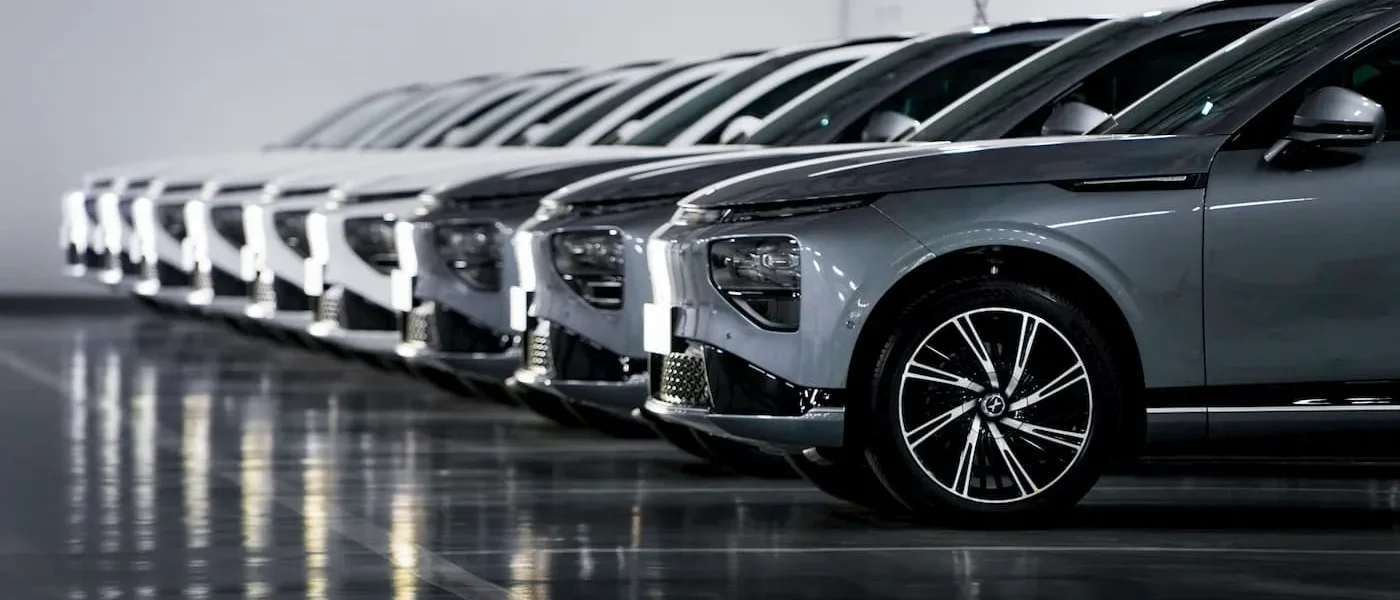
ISLAMABAD: The government has commenced consultations for the New Energy Vehicle (NEV) Policy 2025-30, aimed at transforming the transportation sector to reduce carbon emissions. A meeting held at the Ministry of Industries on Monday, attended by automakers, highlighted the policy’s focus on promoting local NEV manufacturing, decreasing reliance on fossil fuel imports, and cutting carbon emissions.
Discussions centered on incentives to boost NEV production, including tax breaks, reduced import duties on NEV components, and green financing options for companies investing in environmentally friendly technologies. However, industry sources expressed concerns that the incentives under the NEV policy would primarily benefit the top 10-20 percent of auto consumers due to the high cost of NEVs compared to internal combustion engine (ICE) and hybrid vehicles.
Developed by the Engineering Development Board (EDB) under the Ministry of Industries and Production, the policy provides a comprehensive framework for adopting sustainable, low-emission vehicles and fostering green technology nationwide. The draft policy emphasized the urgent need to cut carbon emissions, as Pakistan’s transportation sector currently contributes nearly 30 percent of the country’s greenhouse gas output, with a target of achieving a zero-emission road fleet by 2060.
To accelerate NEV adoption, the policy suggests establishing vehicle charging infrastructure across Pakistan. Charging stations will be installed in public areas and along major highways, with Oil Marketing Companies required to set up Level 3 charging stations at 10 percent of their locations. Private companies will receive income tax exemptions, subsidized electricity rates, and reduced land costs for a 10-year lease to install charging stations.
A crucial aspect of the NEV policy is its focus on environmental protection. It introduces safety and recycling standards for NEV batteries and components, promoting a circular economy. Financial incentives will encourage companies to invest in battery recycling, and recycling centers will be established nationwide.
The draft NEV Policy 2025-30 includes a range of goals and support measures for the relevant manufacturing and allied industries. Financial benefits include a reduction of customs duty to 1 percent on NEV parts and 10 percent on complete NEV imports until 2027, along with sales tax exemptions for locally manufactured components. Heavy commercial vehicles will also be incentivized with customs duty reductions until local production increases.
Leave a Reply